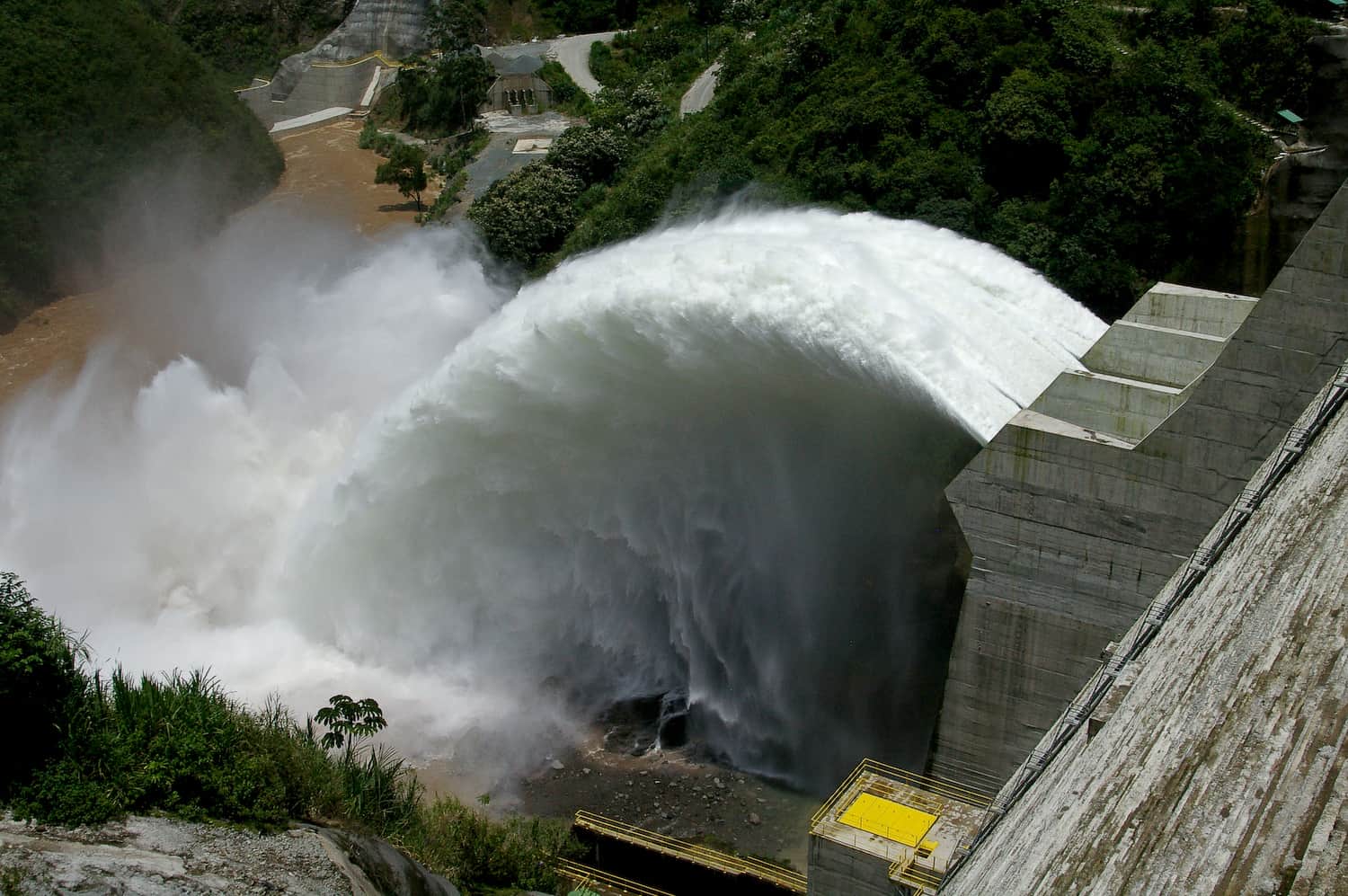President Luis Guillermo Solís called for a review of gasoline prices as part of a wider examination of Costa Rica’s energy options in the face of climate change and rising energy costs, during a press conference on Tuesday.
Drivers have dreaded pulling out their wallet at the pump as prices ticked up $0.76 per gallon for “Plus” gasoline during the last six months, reaching $5.13 per gallon. On Tuesday afternoon Solís sent a letter to the Public Services Regulatory Authority, or ARESEP, requesting a report explaining the model used to determine fuel prices.
Carta q acaba d enviar el Presidente de la República,Luis Guillermo Solís a la ARESEP sobre precio d los combustibles pic.twitter.com/hRziKi0pFi
— Stephanie González (@stephradar) June 17, 2014
The president said he wants to better understand the formula that ARESEP uses and if it is the fairest model for the consumer.
“No one’s saying we don’t want to pay the price for gasoline that we have to pay. What I want is that the price of gasoline favors those who pay for it,” the president said.
Gas prices aren’t the only energy expense Ticos and expats have been complaining about. The private sector and consumers cringe at the cost of electricity. Solís said he is reviewing a proposal from the president of the Costa Rican Electricity Institute on how to tackle the problem of stubbornly high electricity prices.
The president noted that Costa Rica’s current dependence on hydroelectric power is a liability in the long run, especially considering lower-than-normal rainfall during the last several years. In 2012, 72 percent of Costa Rica’s electricity came from hydroelectric sources.
“It’s just not raining,” Solís said. “It’s time that these topics get on the table” for discussion, he added. “If this drought doesn’t get us talking about it what will?”
Solís said that he sees Costa Rica’s basket of energy options as a separate, long-term debate about where to steer the country’s energy diversification. The president listed advancements in non-hydro electricity generation, including solar and geothermal sources, as possibilities for clean energy alternatives as the country looks to meet carbon-neutrality by 2025. A recent study from the U.N. Development Program in San José said that rising temperatures and reduced rainfall would likely further increase electricity prices as demand for air conditioning and industrial refrigeration, among others, increases.
Solís said that any discussion about energy prices should be matched by an effort to raise consumer awareness about energy consumption.
“We can’t continue as we have. … We turn on the air conditioning in the car, drive home and leave the lights on, as if it didn’t cost so much, and we wonder why the light bill is expensive,” he said.






